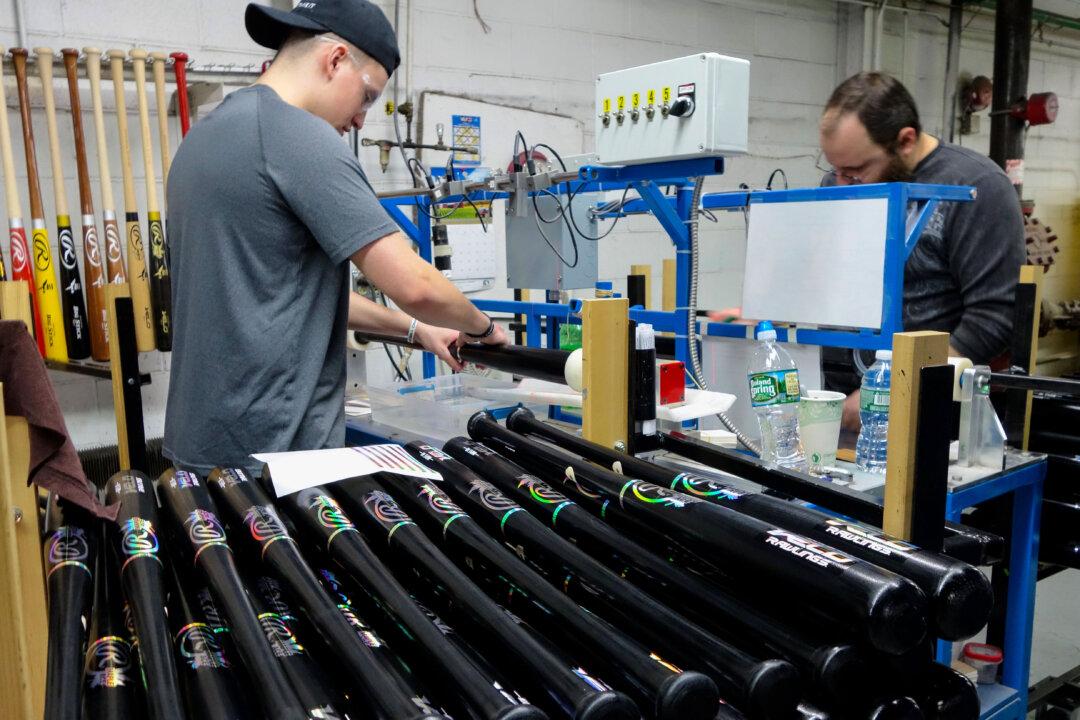Economists have been waging an intellectual war in the past two years trying to determine when the U.S. economy would head into a full-fledged recession. And while most of those predictions have been premature or based on false readings of the economy, one industry leader claims his business sector is already there.
At his recent Keller Williams Family Reunion last month, company co-founder Gary Keller told his nearly 180,000 agents that the Federal Reserve’s inflation policy will continue to haunt the real estate industry in 2024, but there’s still plenty of opportunity for agents to succeed.





